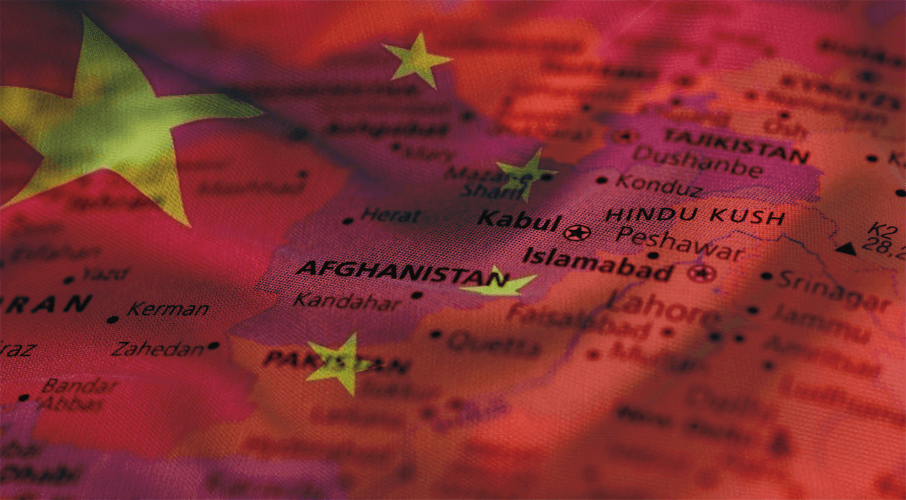 American President Joe Biden contends his decision to recklessly concede Afghanistan to the Pakistan-backed Taliban is one of realism and geopolitics: dispense with Afghanistan, so that America can focus on China. Shuvaloy Majumdar writes that this was a monumental misjudgment, as it has allowed China to gain a strategic foothold in the region.
American President Joe Biden contends his decision to recklessly concede Afghanistan to the Pakistan-backed Taliban is one of realism and geopolitics: dispense with Afghanistan, so that America can focus on China. Shuvaloy Majumdar writes that this was a monumental misjudgment, as it has allowed China to gain a strategic foothold in the region.
Below is an excerpt from the article, which can be read in full here.
By Shuvaloy Majumdar, September 15, 2021
In the skies over the graveyard of empires, at the crossroads of civilizations, the dragon has commenced its descent.
It took two decades to ultimately break the will of the West in Afghanistan, and with it, the Pax Americana that the twin towers once stood as a testament to. American President Joe Biden contends his decision to recklessly concede Afghanistan to the Pakistan-backed Taliban is one of realism and geopolitics: dispense with Afghanistan, so that America can focus on China. This was a monumental misjudgment, as it has allowed China to gain a strategic foothold in the region.
In May 2020, I wrote that China had replaced Russia as the West’s principal rival. Of two nuclear powers, it turned Russia into a gas station and Pakistan into a colony. Behind the curtain of every international strategic consideration is the challenge posed by China, which seeks to carve its economic, political and military arteries across the face of the earth, working toward a global inversion in which an order once underpinned by America is replaced by one concentric to China.
In Afghanistan, modern China isn’t encumbered by the rights of Afghans or the constitution Afghans endorsed through six elections. It isn’t concerned with upholding the rules-based order it exploited in its rise, biding its time to break the West. China’s only concerns are those of hard power, in assembling the geopolitical assets it needs to access Central Asia, the Arabian Sea and the Persian Gulf. Afghanistan’s geography is critical to China’s strategic design, while its mineral wealth is peripheral.
China’s neocolonial Belt and Road Initiative refers, explicitly, to reviving the ancient Silk Road spanning from Rome to Xi’an, part of which still exists between Pakistan and the Uyghur Autonomous Region of Xinjiang. Restoring the promise of Xi’an — the economic and cultural capital of the vibrant Tang Dynasty — is existential to Chinese Communist mythology.
***TO READ THE FULL ARTICLE, VISIT THE NATIONAL POST HERE***




